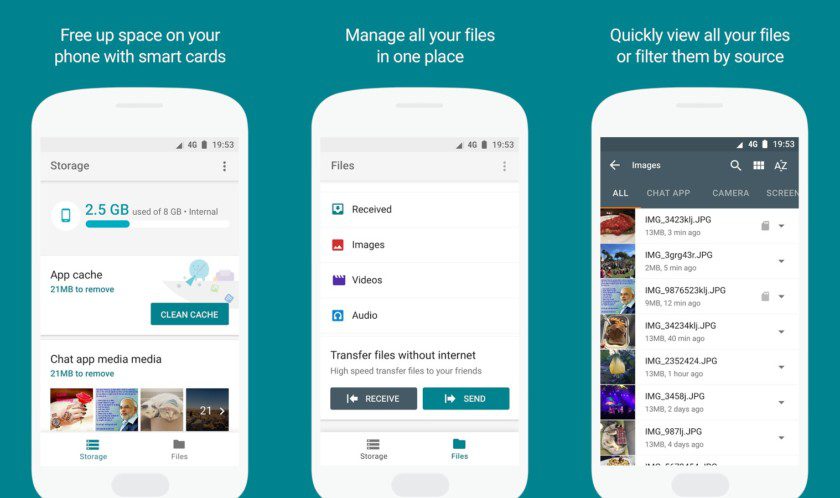Yesterday, Google launched its Google Go app in Nigeria and across 29 other Sub-Saharan African countries to help Internet users in Africa overcome poor connectivity and huge data usage by providing a lighter and faster way to search for everything.
https://twitter.com/TechNewsTWS/status/984713328428662784
Although Smartphone users continually increase yearly on the continent, there are still numerous difficulties being experienced by Internet users. With about 73% of African smartphone users battling weak data connectivity, high data costs and low RAM or storage space problems, the Google Go application is designed to solve these existing problems and make it easier for users to get the most out of the Internet.
What You Stand to Gain from Google Go App


The app, Google Go, makes use of Google’s advanced compression algorithm and reduces the amount of data needed to display search results by 40 percent and web pages and voice search has been adapted to work better on slow connections, including 2G, the search giant said in a company blog post.
Search results cache are saved on the device, enabling the user quickly re-access previous made searches, even with being offline, without the need for further data costs. Taking up less than 5 MB, the app is quick to download without using much data, and it takes up minimal space on your phone.
The app also supports offline searches i.e. when there’s no internet access, the Google Go retries failed search requests in the background and lets you know as soon as the results are ready.
https://twitter.com/Malachychidera/status/984606573669433344
Taiwo Kola Ogunade, Google Communications and Public Affairs Management for West Africa spoke at the App’s launch in Ikoyi, Lagos, saying:
Google Go is built from the ground up with the feedback from user research. Crucial parts of the design, functionality and features of Google Go are inspired by what we learned talking to people in Africa for over a year, since 70% of people who connect in Africa do so via a mobile device.
The app currently operates on devices running on Android v4.3 (Jelly Bean) and above. It will be available in 26 countries in Sub-Saharan Africa and pre-installed on all Android Oreo (Go edition) devices soon.






